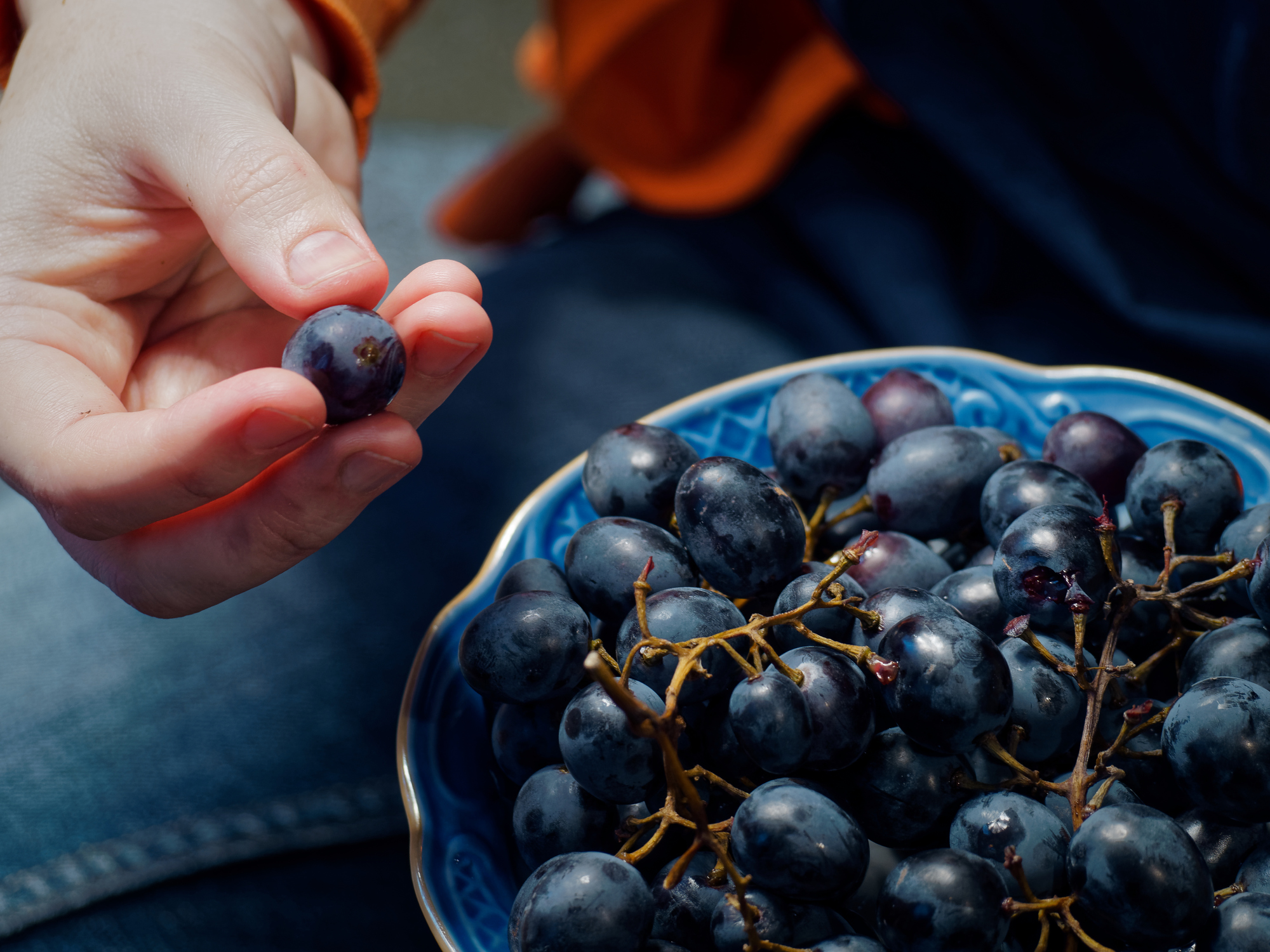

As someone with fair skin, I’m constantly on the lookout for ways to protect myself from the sun’s brutal UV rays. And with good reason.
The sun is responsible for about 90 percent of skin aging — and that is the least of the harm it can do.
When I know I’m going to be outside in the sun for long periods, I make sure to wear sunscreen on my face. And I either wear sunscreen or long sleeves and pants to cover other areas.
But you might be excited as I was to learn that all of this prevention focusing on the outside of my body isn’t the only way to cut down on the dangers of UV exposure…
Omega-3 fatty acids, for example, help people experience less sun damage and reduce signs of aging. Orange, green and red vegetables high in carotene can not only protect your skin from sun radiation damage but also scavenge the free radicals that lead to skin aging… and worse.
Plus, mounting evidence suggests that one popular fruit, in particular, is especially effective at countering UV damage to the skin…
Confirming the grape’s sun-protective properties
Previous studies have found that eating grapes protected against UV skin damage, increased resistance to sunburn and reduced cellular markers of UV damage.
More specifically, the phytonutrients in grapes can slow down the formation of destructive reactive oxygen species (ROS), or free radicals, that form in skin cells.
Now, a third study has reinforced these findings…
Researchers gave one group of volunteers whole grape powder equivalent to 2.25 cups of grapes per day for 14 days. They also measured each volunteer’s skin response to UV light before and after consumption of the grape powder. They also analyzed each volunteer’s gut microbiome, blood and urinary samples.
In as little as two weeks, one-third of the subjects given the grape powder showed UV resistance. And the researchers believe polyphenols, natural antioxidant components found in grapes, are responsible for these beneficial effects.
Then, something even more interesting happened…
These same UV-resistant subjects displayed significant microbiome and metabolic differences compared with those who did not show UV resistance. One of those metabolic differences is a strong indicator of reduced premature aging of the skin and could be relevant for use in personalized medicine.
Furthermore, researchers found that a sub-group of the UV-resistant subjects retained their UV protection for 4 weeks after they stopped consuming the grape powder. This suggests a segment of the population is capable of resisting sunburn after eating grapes, and that there is a correlation between the gut-skin axis and UV resistance.
Protecting the gut-skin axis
If you’re looking to protect your skin from sun damage, it certainly appears to be a good idea to add grapes to your diet. One of the most abundant polyphenols found in grapes, resveratrol, also a powerful antioxidant, has been the subject of anti-aging research for decades.
But are there other dietary steps you could take?
In this study, researchers saw gut microbiome differences between those who received UV resistance after eating grapes and those that didn’t. Previous investigators have also found connections between imbalances in the gut microbiome and inflammatory skin conditions such as atopic dermatitis, rosacea and psoriasis. There also appears to be a link between certain types of skin damage and upset in the gut microbiome. This two-way relationship is known as the gut-skin axis.
The best way to support your gut microbiome is to consume probiotics every day. You can get them from foods like unsweetened yogurt, kimchi, kombucha, sauerkraut and miso soup. Or you can add a high-quality probiotic supplement to your daily regimen.
Sources:
Grape Consumption Helps Counter UV Damage to Skin — Western New England University
Short-Term Grape Consumption Diminishes UV-Induced Skin Erythema — Antioxidants
Gut–Skin Axis: Current Knowledge of the Interrelationship between Microbial Dysbiosis and Skin Conditions — Microorganisms
Gut–Skin Axis: Unravelling the Connection between the Gut Microbiome and Psoriasis — Biomedicines

